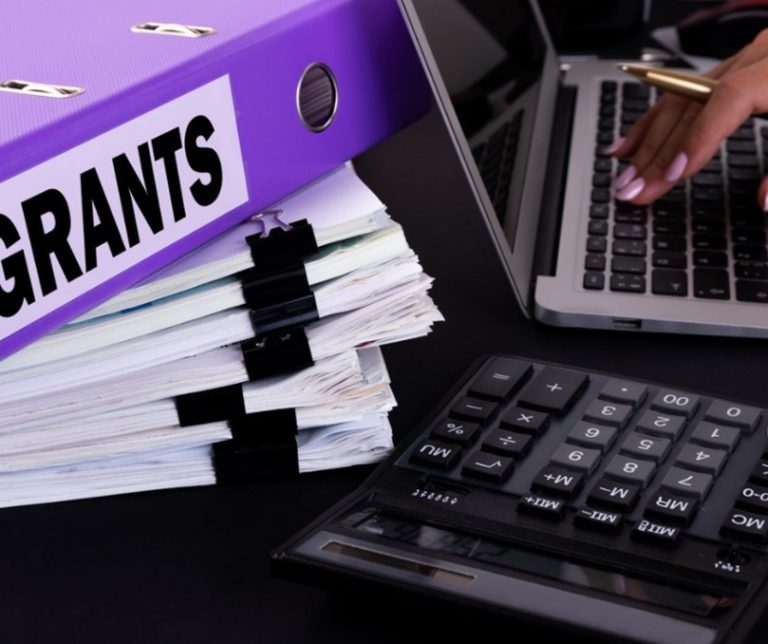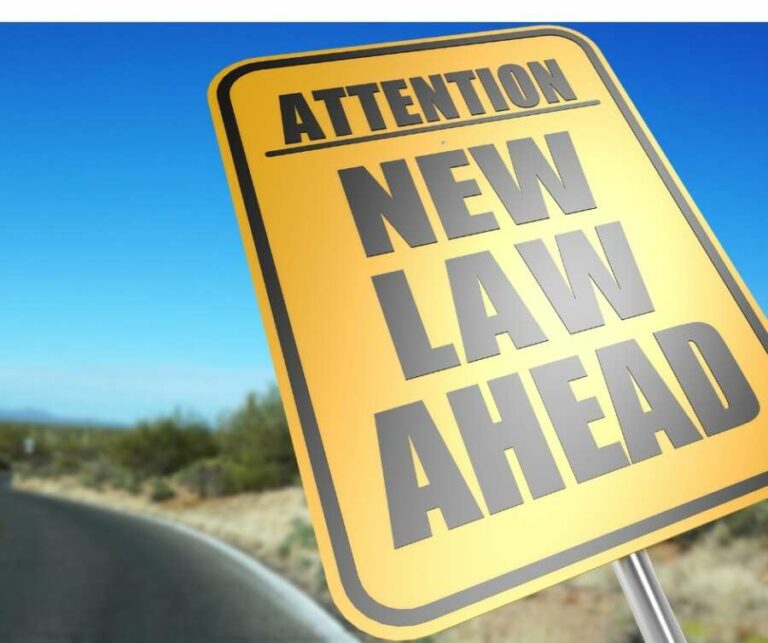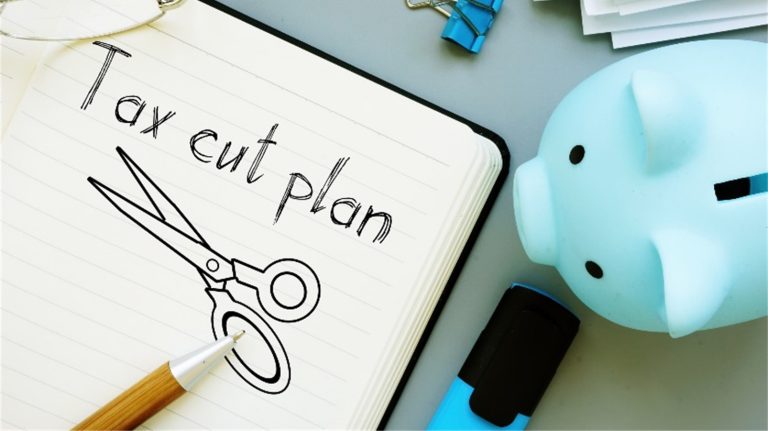Ato Tax Rules About Using Your Company’s Money
You have an idea for a business. You see an opportunity in the market. Your company is registered and you are ready to go.
So, you use your savings to kickstart your new practice. That way your business can thrive, unburdened by pressures from the banks.
All the money earned stays in the business, and you can enjoy the benefits.
As the business grows, you withdraw some money back into your bank account. And sometimes you spend on personal expenses directly from the company’s bank account. (Hint- using the company bank account to pay personal expenses is a really bad idea. Not because it is illegal, but because it may trigger an ATO audit because they may conclude you don’t understand the difference between your personal affairs and the company’s business affairs.)
After all, it’s all your money. You put it in. You earned it.
But the ATO may not always see it that way.
You see, according to Australian tax law…
The Money In Your Company’s Bank Account Is Your Money.
This applies even if you are the sole shareholder and Director.
You see, the amount of money you put in to start the business is considered the company’s money. You and the company are not the same thing. The company is a separate legal entity.
You can use the company’s money to repay a loan to you and pay you wages or Director’s fees
But what if you need to withdraw some more?
The additional withdrawal becomes a problem. Even if there was enough money in the bank.
Here’s what the ATO says …
ATO Rules In Action
In order to withdraw more money than you put in you must first declare it as your personal income or put in place a complying Division 7A loan agreement.
The former option means paying income tax and moving the money into a personal bank account before you can spend it.
Otherwise, there can be severe tax implications, as we saw in this recent case before the Administrative Appeals Tribunal (AAT).
Several years after launching his business with his own money, a director withdrew some funds for himself.
Unfortunately, he had withdrawn more than he invested in the business.
Several more years later, the ATO noticed this and launched an audit.
The Result Of The Audit?
The ATO tax rules state that the withdrawals and payments could either be:
- Ordinary assessable income,
- or Dividends under Division 7A.
Ordinary Assessable Income
If it’s #1 -ordinary assessable income – then the director should have paid income tax on this amount.
Since he didn’t, he would now owe years of back taxes and fines.
Dividends Under Division 7a.
Under the Division 7A law, any loan from a private company to a shareholder are deemed to be dividends (for income tax purposes) if it was not repaid prior to the lodgement due date of the tax return for the financial year the payment was made.
Dividends are to be declared on the company’s annual report for the repayment of loan, as well as the shareholder’s tax filings. Plus, a formal Division 7A loan agreement is not in place.
Since this didn’t happen either, the company could face several fines and penalties for fraud.
“I was going to put it back…”
The director argued that the withdrawals and payments were a “loan” to himself from his company.
He was going to put it back.
So, he argued, it’s neither assessable income, nor a dividend.
But the AAT ruled – that when a company pays shareholders, not expecting to be repaid … without formally declaring a dividend … that’s the same as a dividend.
So the lesson here is this…
The Lesson
It’s perfectly fine to start a business with your own money.
Millions of business owners do that every year.
But withdrawing money from a business may carry compliance risk. If you do not follow all the laws, you could run into expensive problems.
The longer your business thrives, and the more money it makes, the greater the risk.
If you are starting a company with your own money, you should insulate your personal finances from the business.
How?
- Document the amount as share capital for issued company shares. Be careful not to withdraw more than your share capital amount. Document every aspect following ATO guidelines
- Or, set it up as a loan from yourself to the business, and document every aspect of this transaction.
Each method has different ongoing legal and compliance requirements. Remember, every dollar you take out of your company has tax implications.
The best way to start a company with your own money?
It depends on your situation, your industry, and your lifestyle.
We have to consider commercial needs, regulatory requirements, and how easy/hard it may be for you to withdraw your funds.
Need Help Launching, Or Worried About Compliance?
There are always tax implications when you withdraw money and it should be managed carefully.
Are you about to launch a new business? Or considering making a withdrawal from your current business?
We can help you set up the best ways to withdraw and minimize your risk.
Contact us or call 07 3483 0100 for a free consultation.






